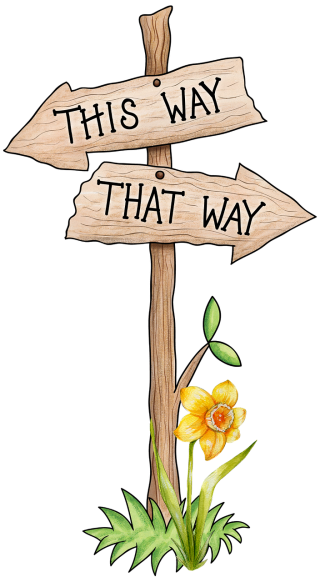Mindfulness
Do You Welcome Growth or Resist Change?
A process to figure out your options and improve your decision-making.
Posted June 6, 2023 Reviewed by Abigail Fagan
Key points
- Having a growth mindset involves believing you can grow and improve in the face of new situations and changes.
- A growth mindset can help you respond to change with greater clarity and effectiveness.
- Developing a growth mindset can help you learn and consider possibilities you may not have before.

Are you motivated by change or do you resist it?
Sometimes change is imposed by our environment (work, family, etc). At other times, the call for change comes from inside ourselves. Many of us struggle with change, how to respond, and how to solve problems.
Carol Dweck, Ph.D., a leading expert on motivational psychology, researches the factors that can help us deal with change more effectively. According to Dr. Dweck, "the view you adopt for yourself profoundly affects the way you lead your life .... the growth mindset is based on the belief that your basic qualities are things you can cultivate through your efforts” (2006).
When you view change through a growth mindset, you can choose to learn as you answer the calls of your busy, complex life. With a growth mindset, change offers opportunities to explore greater meaning and fulfillment as you respond to your inner callings and the demands of the circumstances you find yourself in.
How can you arm yourself with tools to respond to life’s curve balls in ways that help you grow and also move forward more effectively?
Drawing on concepts from the science of positive psychology, mindfulness, and neuroscience, this 5-step personal discernment process can assist you to co-exist with change as you consider your direction and your next steps (Berns-Zare, 2020).
Step 1: Pause. Give yourself a time out. Mindfully notice that you’re breathing.
Step 2: Listen. Pay attention to your inner knowings — the still small voice that guides you. Listen to messages from your mind, body, and spirit.
Step 3: Reflect. Notice and label your feelings and reactions.
Step 4: Discern. What are your options? Ask yourself, where do you feel called? Sift through your awareness and intuitive wisdom along with realities, possibilities, and choices. What additional information and resources do you need?
Step 5: Act. What direction do you want to go toward? What’s the next right thing? Mindfully choose your next steps.
As you determine what actions to take, this 7-stage model for decision-making can be useful (UMass/Dartmouth, 2022).
- Identify or label the situation; what is the decision you must make?
- Gather relevant information and resources — internal and external.
- Identify possible paths and alternatives.
- Analyze and weigh the alternatives considering the positives and negatives of each.
- Choose among the alternatives to select one with a higher potential to help you reach your goal or deal with the situation.
- Take action by beginning to implement the choice you made.
- Evaluate the outcome; review the results of your decision and any next steps.
When changes come your way (as they inevitably do), will you view yourself as a work in progress or stuck in the mud of life? Each day, you have the freedom to make choices about how you engage with your life, your work, your communities, and your world.
As a living human being, you have the potential to continue to grow. What’s in your toolbox of life skills to strengthen your capacity to respond to change in ways that serve your needs and interests along with the demands of the circumstances? Cultivating a growth mindset in response to life’s changes and challenges can create a positive shift, helping you get motivated and wake up to options and opportunities you may never have considered.
Embrace growth or resist change — it’s up to you.
Disclaimer: This article is for informational purposes only. No content is a substitute for consulting with a qualified mental health or healthcare professional.
©2023 Ilene Berns-Zare, LLC, All Rights Reserved.
References
Berns-Zare, I. (2020). 5 keys to begin a positive shift in your life: Stop looking out there for your answers. https://www.psychologytoday.com/us/blog/flourish-and-thrive/202011/5-keys-begin-positive-shift-in-your-life
Dweck C. (2014, December 17). Carol Dweck:The power of believing that you can improve (video file). https://www.ted.com/talks/carol_dweck_the_power_of_believing_that_you_can_improve?
Dweck, C. (2016). What having a "growth mindset" actually means, Harvard Business Review. https://hbr.org/2016/01/what-having-a-growth-mindset-actually-means
U Mass/Dartmouth (2022). Decision-making process: 7 steps to effective decision making. https://www.umassd.edu/media/umassdartmouth/fycm/decision_making_process.pdf


